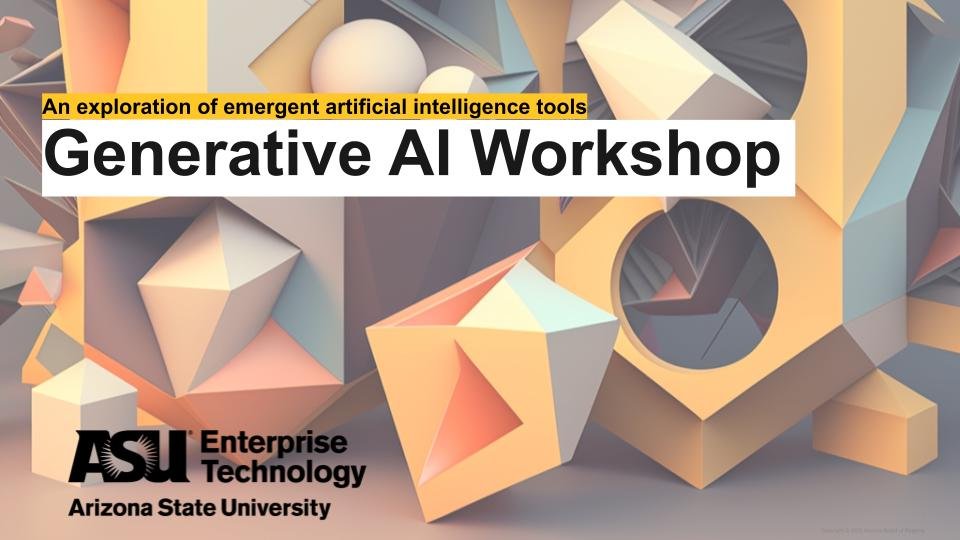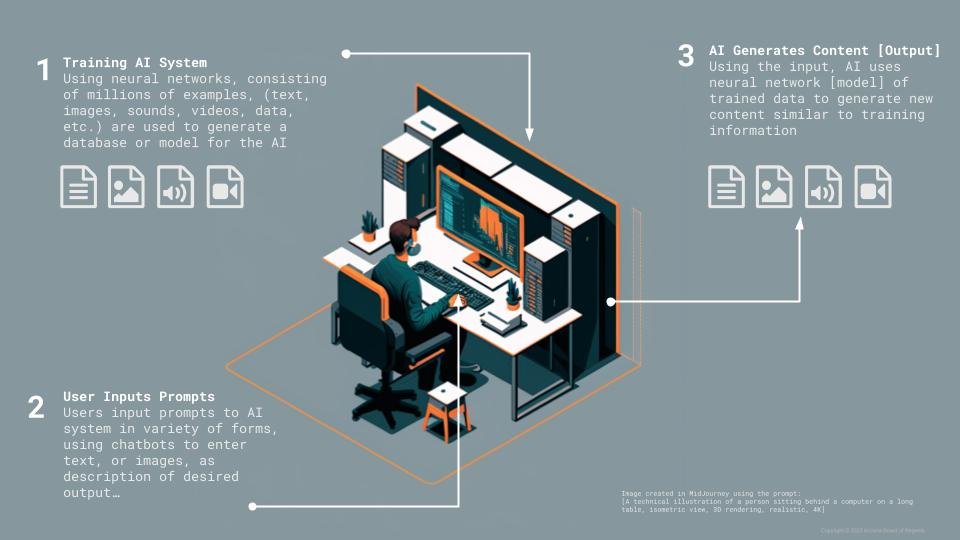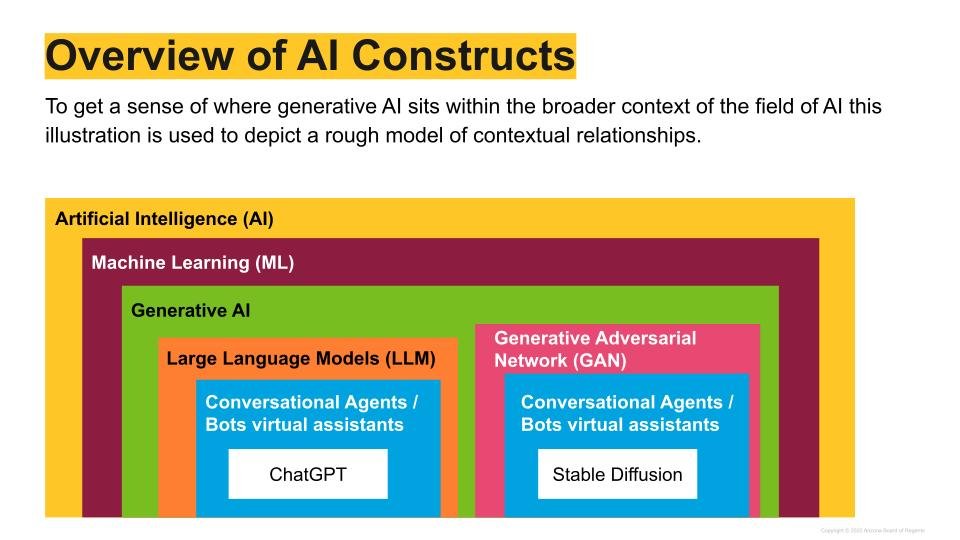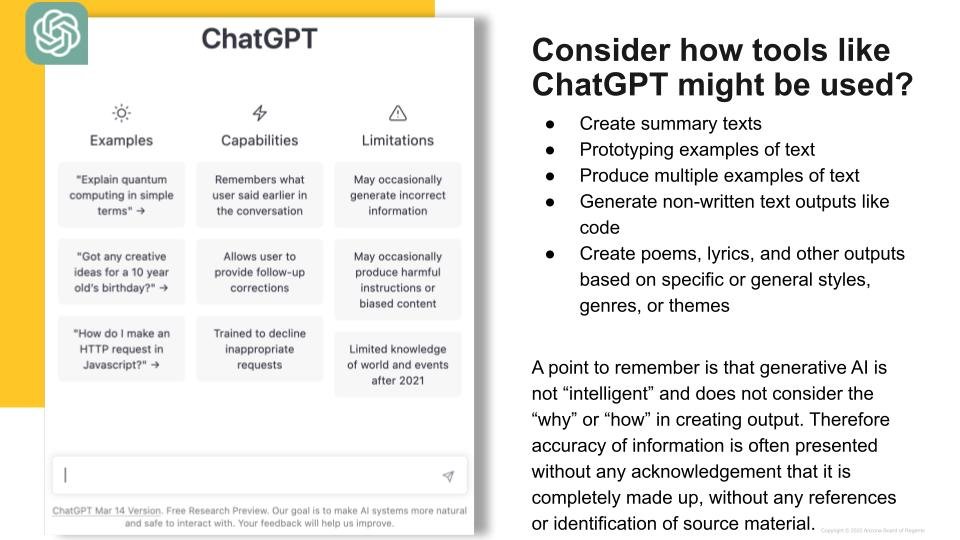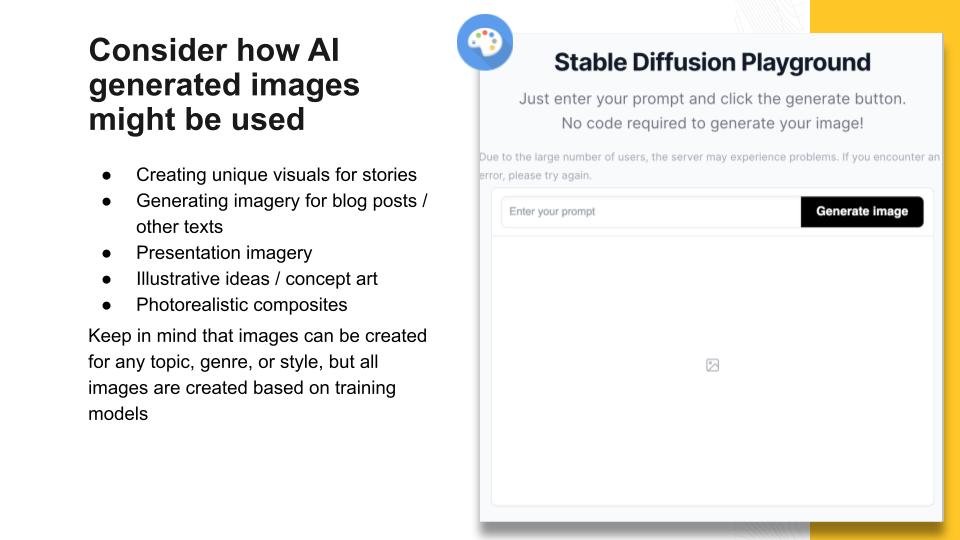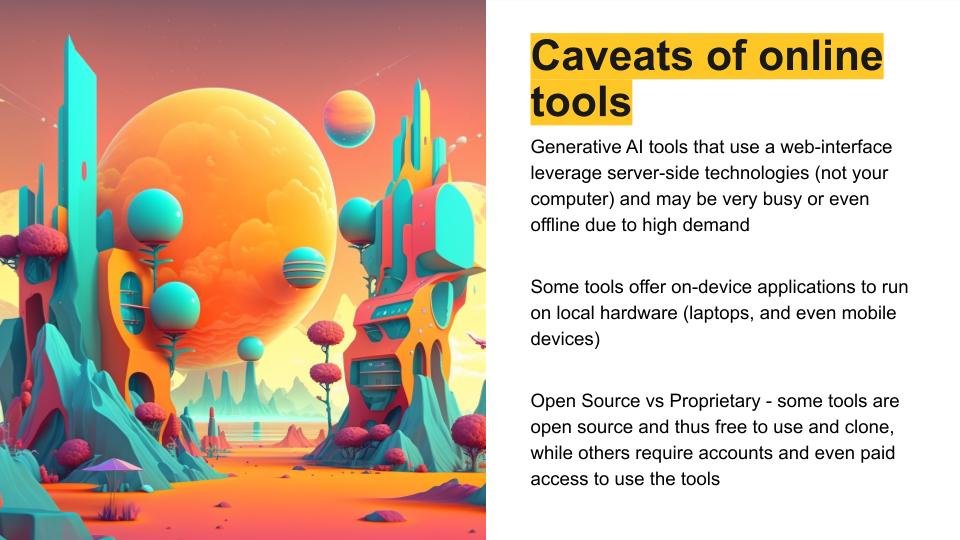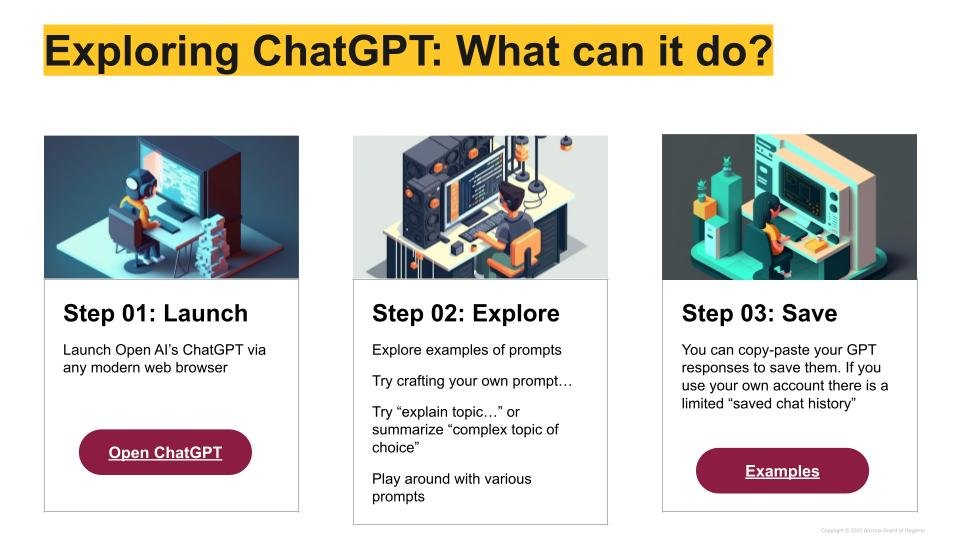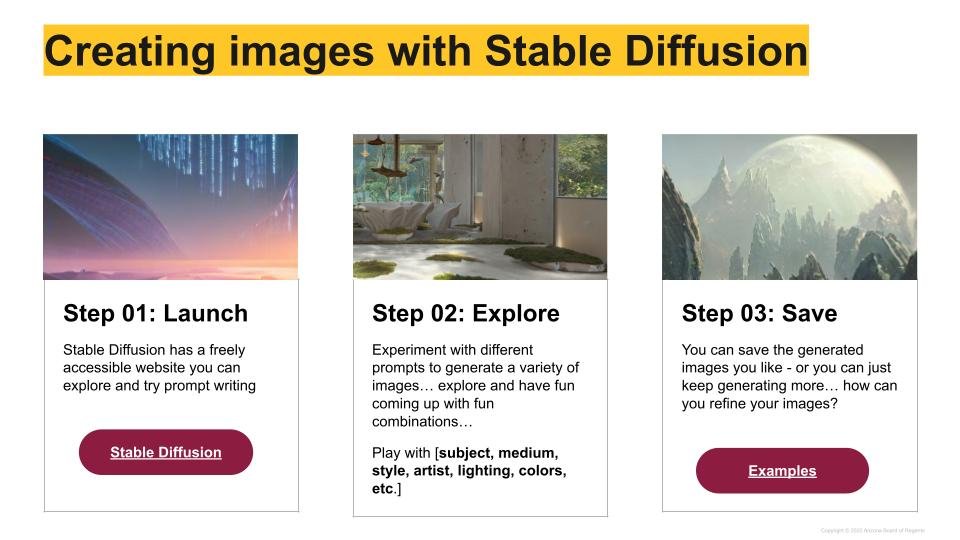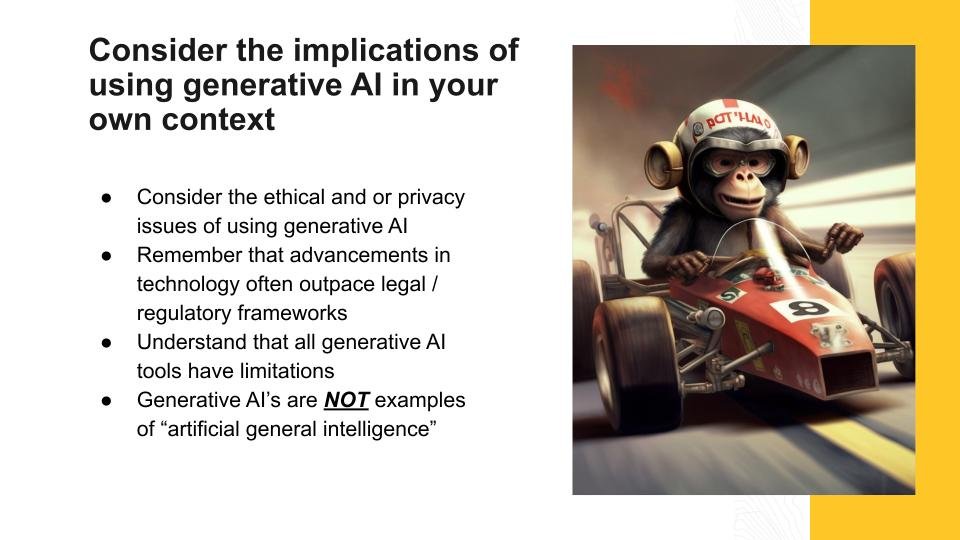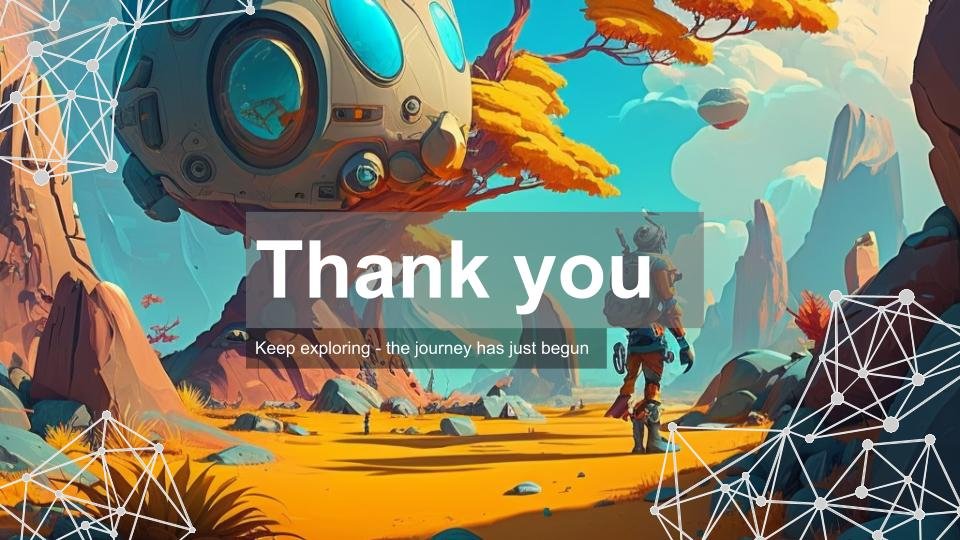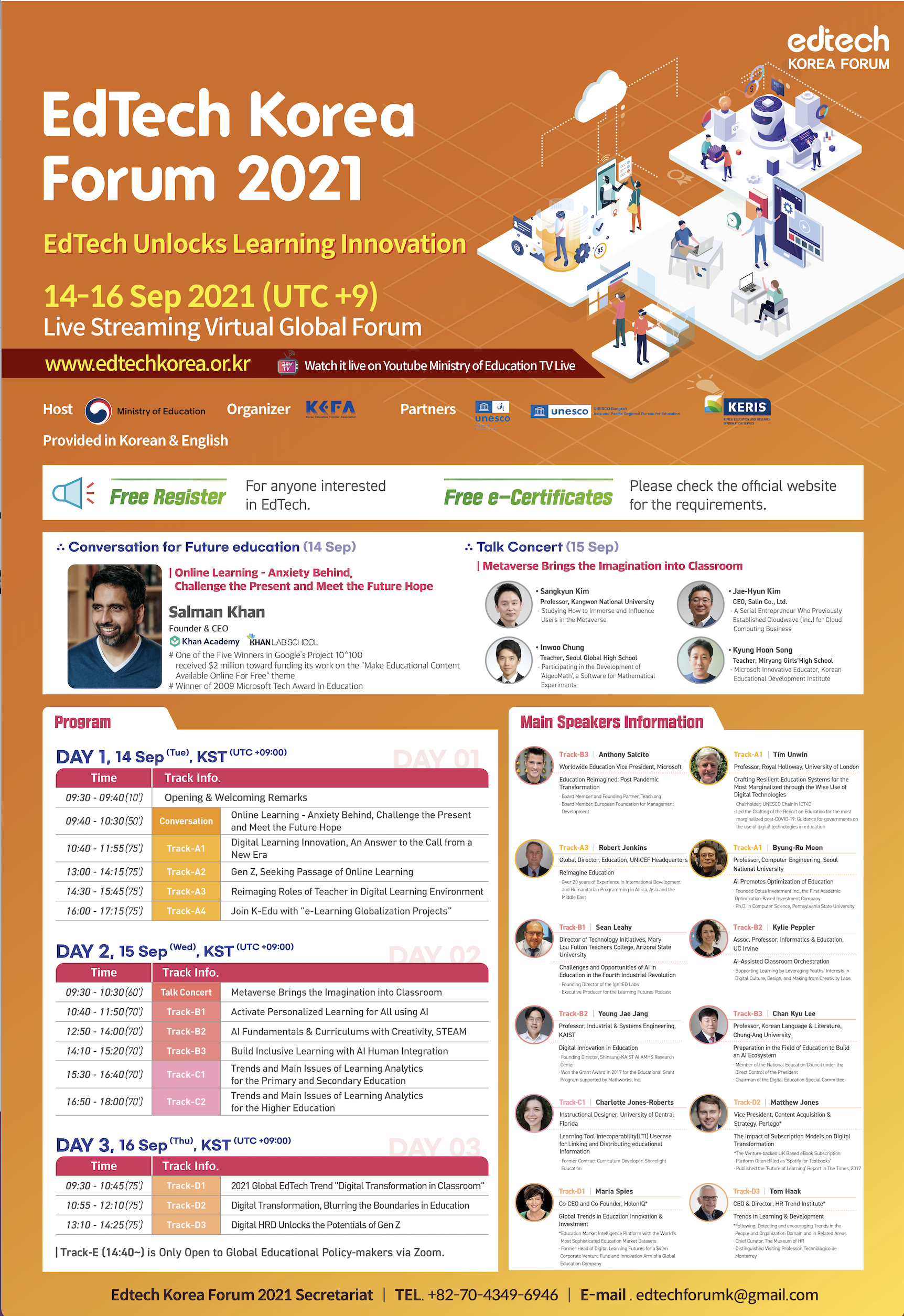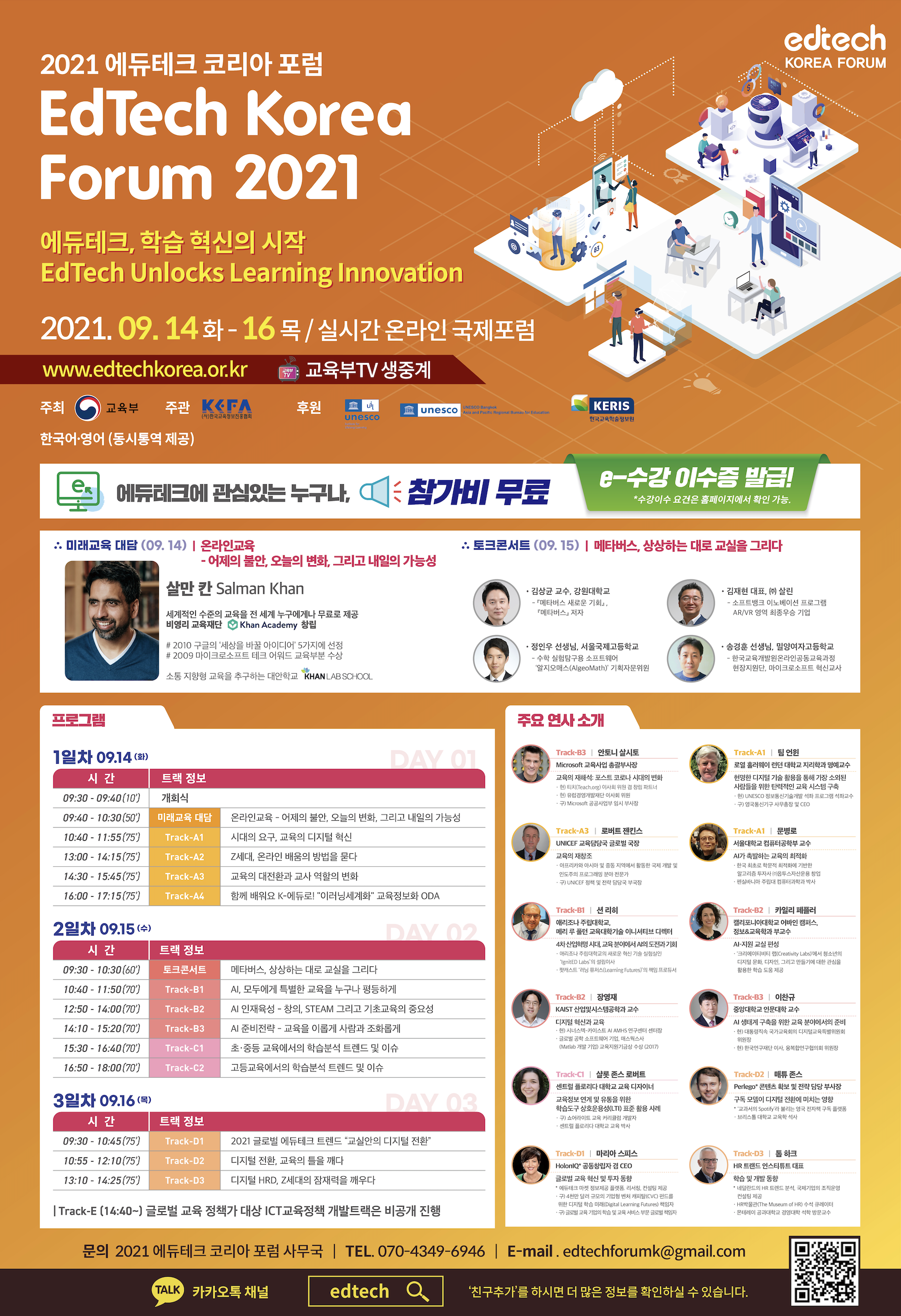I had the honor, along with two wonderful students, to join Professor Andrew Maynard in an engaging dialogue, seeking to understand the role of generative AI in our future classrooms, workspaces, and everyday lives.
About "The Future of Being Human … Unplugged":
Hosted by Arizona State University's Future of Being Human initiative, this series is no conventional online dialogue. Forget tedious PowerPoint presentations, prolonged opening remarks, or dense monologues. Instead, the series is geared towards creating candid, unpredictable conversations that challenge our perspectives on the nexus of advanced tech, modern science, and the evolving essence of human nature.
With the "Unplugged" theme, the discussions aim to break free from the traditional norms and delve into unconventional ideas without the constraints of disciplinary boundaries. The ultimate goal? To stimulate thought, entertain, and provide a fresh look at what being human might mean in a technologically sophisticated future.
Prepare to be inspired as we dive deep into the role of generative AI in the future of learning!
To learn more checkout all of the events from Future of Being Human: Unplugged



